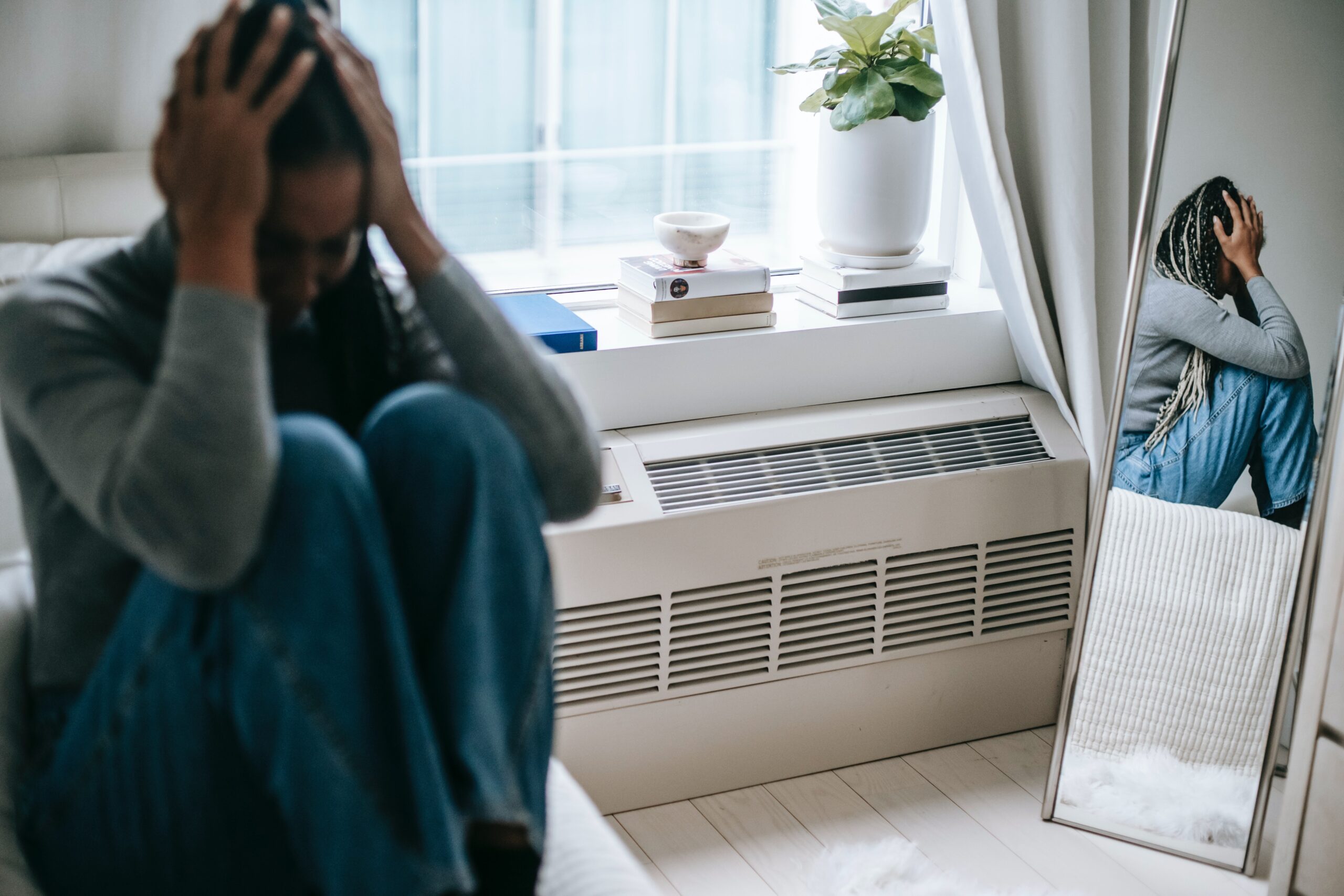In the wake of several high profile domestic homicide cases linked to family court proceedings, serious concerns have been raised over the ability of family courts in the UK to adequately protect victims of domestic abuse.
Despite reforms intended to improve the family court system, many argue that fundamental flaws remain which place victims and their children at risk. According to women’s aid groups, family courts continue to prioritise keeping both parents involved over safety, fail to recognise coercive control, and lack accountability.
Failure to Recognise Coercive Control Puts Victims at Risk
Coercive control, a pattern of domination involving psychological and emotional abuse, is now recognised as a major factor in domestic violence situations. Yet family courts have been slow to acknowledge its impact, instead focusing on instances of physical violence. This fails to address the ongoing threat posed by abusers who use coercive control to dominate their victims.
By emphasising shared parenting arrangements, such as joint custody, courts often give abusive ex-partners continued access and control over their victims’ lives. This provides opportunities for further abuse and control, even when the victim has left the relationship. Women’s advocates argue that in cases where there is domestic abuse, any form of shared custody should be considered unsafe unless a thorough risk assessment indicates otherwise.
Poor Quality Risk Assessments Undermine Safety
Risk assessments are another area of concern. Courts rely heavily on expert risk assessments, yet there are no standards or accreditation for risk assessors. The quality and thoroughness of risk assessments varies widely, and judges rarely have training to properly interpret them. Worryingly, clear warning signs are often dismissed or minimised by assessors.
In many cases, risk assessments are performed by people who are not qualified to do them, who do not understand domestic abuse, and who do not understand the impact on children.
Lack of Accountability when Things Go Wrong
When mistakes by assessors or judges do lead to harm, there is little accountability. While each tragic case of domestic homicide linked to family court proceedings sparks public outrage and demands for reform, substantive change has been slow. Contrast this with child protection cases, where any harm to the child leads to a serious case review. Women’s groups are calling for similar automatic reviews when family court decisions result in harm.
Children Failed by the System Too
While the system favours abusive ex-partners, it also fails innocent children. A Separation Safety audit by advocacy group Paladin revealed a troubling pattern of family courts disregarding reports of child abuse by abusive parents. This leaves children vulnerable to ongoing trauma and harm. Like victims, children also lack voice and representation within the opaque family court processes.
Behind closed doors, judges make decisions affecting entire families without public scrutiny. While this protects children’s privacy, it also removes accountability that could deter poor decisions. Opening proceedings would force the system to justify its choices – or risk public censure when it fails. It would also allow journalists and advocates to report on troubling patterns and trends, rather than isolated incidents.
There are concerns too over the impact of funding cuts to legal aid. This prevents many women and children from accessing legal advice and representation. Cuts also reduce scrutiny and oversight, with fewer appeals of concerning decisions. When victims are left alone to navigate confusing court processes designed with legal professionals in mind, it can impact the quality of judicial decisions.
With the stakes so high, there are growing demands for root and branch reform of the system. Campaigners argue piecemeal tweaks and guidelines are not enough – judges require comprehensive training to overcome inherent biases and lay people need proper representation. Ultimately, the entire culture and priorities of family courts need realignment. Rather than start from a presumption of shared parenting, the safety of the most vulnerable should be the priority.
As one survivor who lost custody of her child to an abusive ex-partner put it, “I was failed by the family courts, but I was not the only one who suffered. The most devastating impact was on my child.” With the lives of women and children on the line, the public deserves a justice system it can trust to protect victims. As the system stands, it is failing that basic test of competency.

